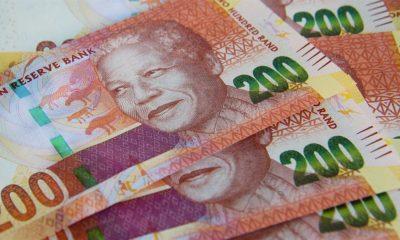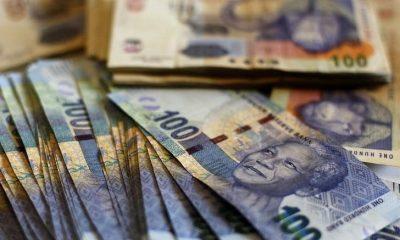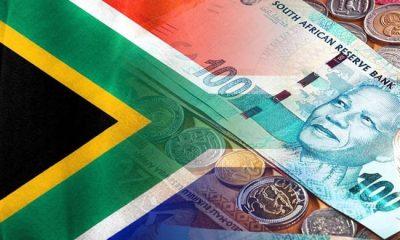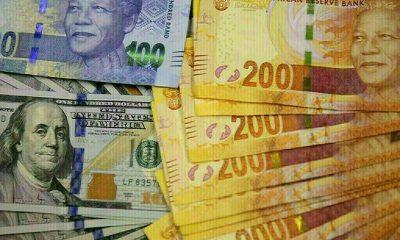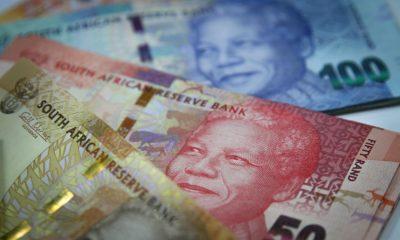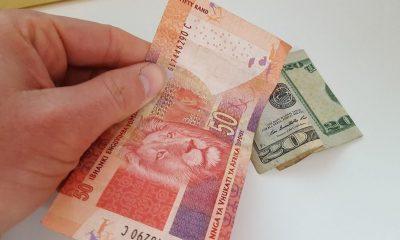Business
South Africa’s Rand Weakens as SARB Reports Foreign Investment Outflows
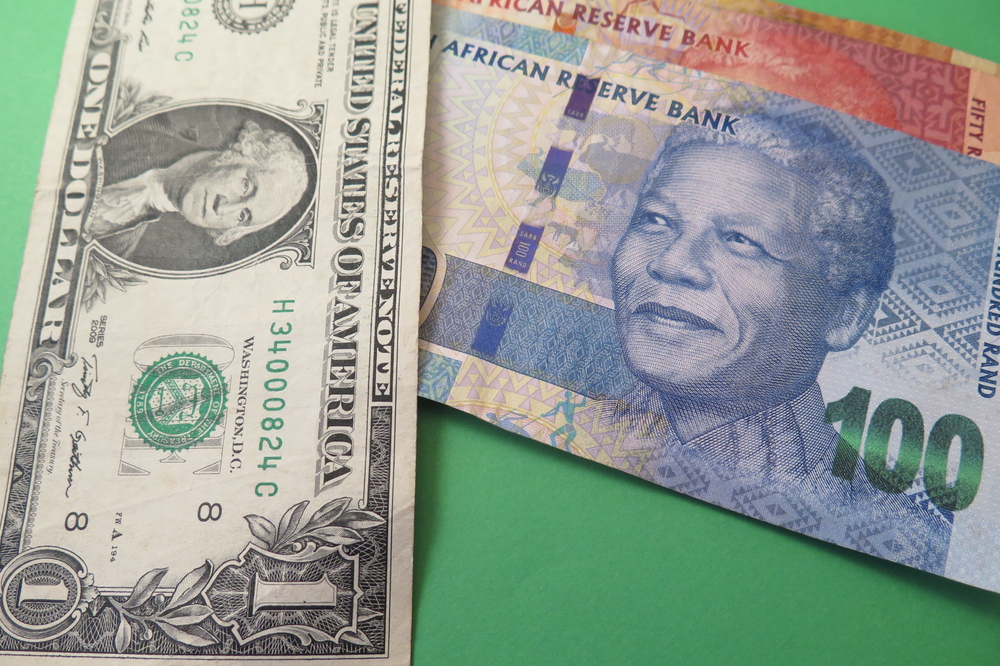
The South African rand experienced a dip against major currencies on Friday following the release of the South African Reserve Bank’s (SARB) quarterly bulletin.
The bulletin revealed a R3.2 billion foreign direct investment outflow in the third quarter of 2024, a sharp reversal from the R16.6 billion inflow recorded in the second quarter.
Latest Rand Exchange Rates
As of Tuesday, 17 December 2024, the rand is trading at:
- R17.86 to the US dollar
- R22.64 to the British pound
- R18.77 to the euro
Key Market Drivers
- Foreign Investment Concerns
- The SARB’s report highlights a net outflow in foreign direct investment, marking the first negative balance since the third quarter of 2020.
- Analysts believe these outflows are tied to reduced investor confidence amid ongoing challenges in the energy, logistics, and local governance sectors.
- Global Oil Prices
- Oil prices are trading at $73.85 per barrel, reflecting broader stability in the global energy market.
- South Africa, as a net importer of oil, remains vulnerable to fluctuations in global oil prices, which directly impact fuel costs and inflation.
The weakening rand adds to existing economic pressures, including:
- Rising household debt, which reached 62.4% of disposable income in the third quarter.
- A significant increase in external debt, growing from $158.3 billion at the end of March to $163.8 billion by the end of June.
However, South African equities have shown resilience, with stocks experiencing the strongest third quarter in 11 years.
Despite short-term challenges, some market analysts remain optimistic about the rand’s recovery. Factors such as improved market sentiment following the formation of a coalition government and structural reforms in key sectors could bolster confidence in the medium term.
“The current dip in the rand is a reflection of short-term market reactions to foreign investment data,” said an economist from Investec. “As structural reforms take shape, we expect a gradual improvement in investor sentiment.”
The South African rand’s recent slide reflects broader economic challenges, including foreign investment outflows and external debt pressures. However, with a recovering stock market and ongoing reforms, the outlook for the currency remains mixed but cautiously optimistic.
Follow Joburg ETC on Facebook, Twitter , TikTok and Instagram
For more News in Johannesburg, visit joburgetc.com

